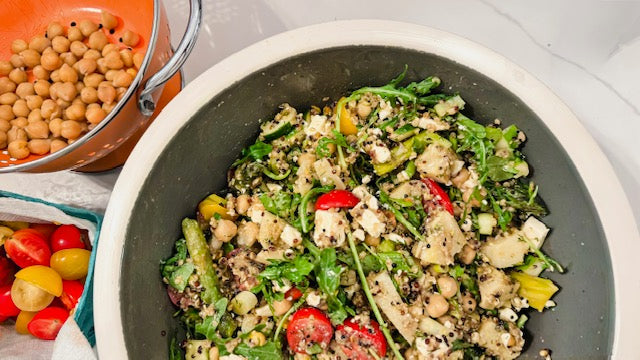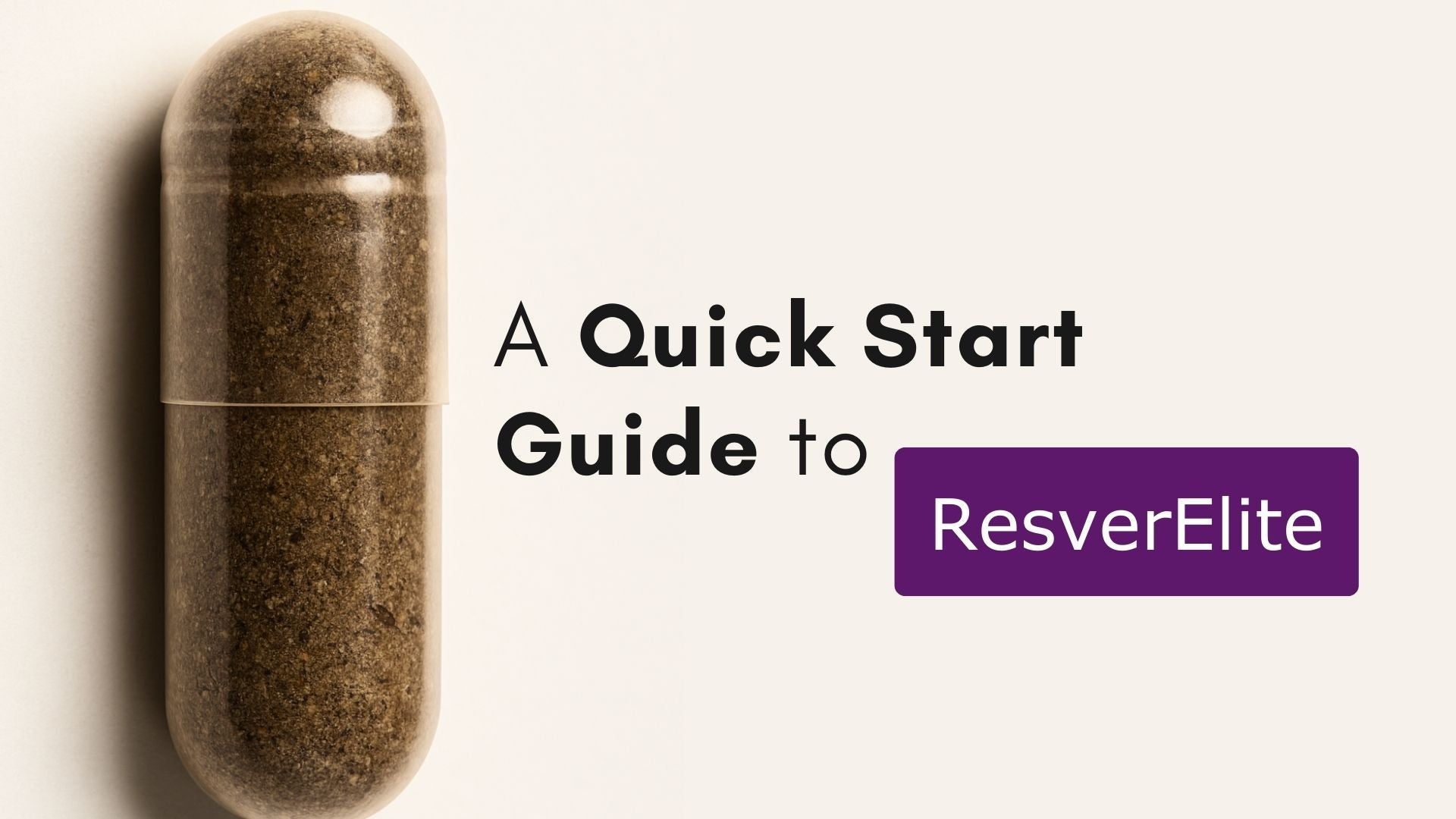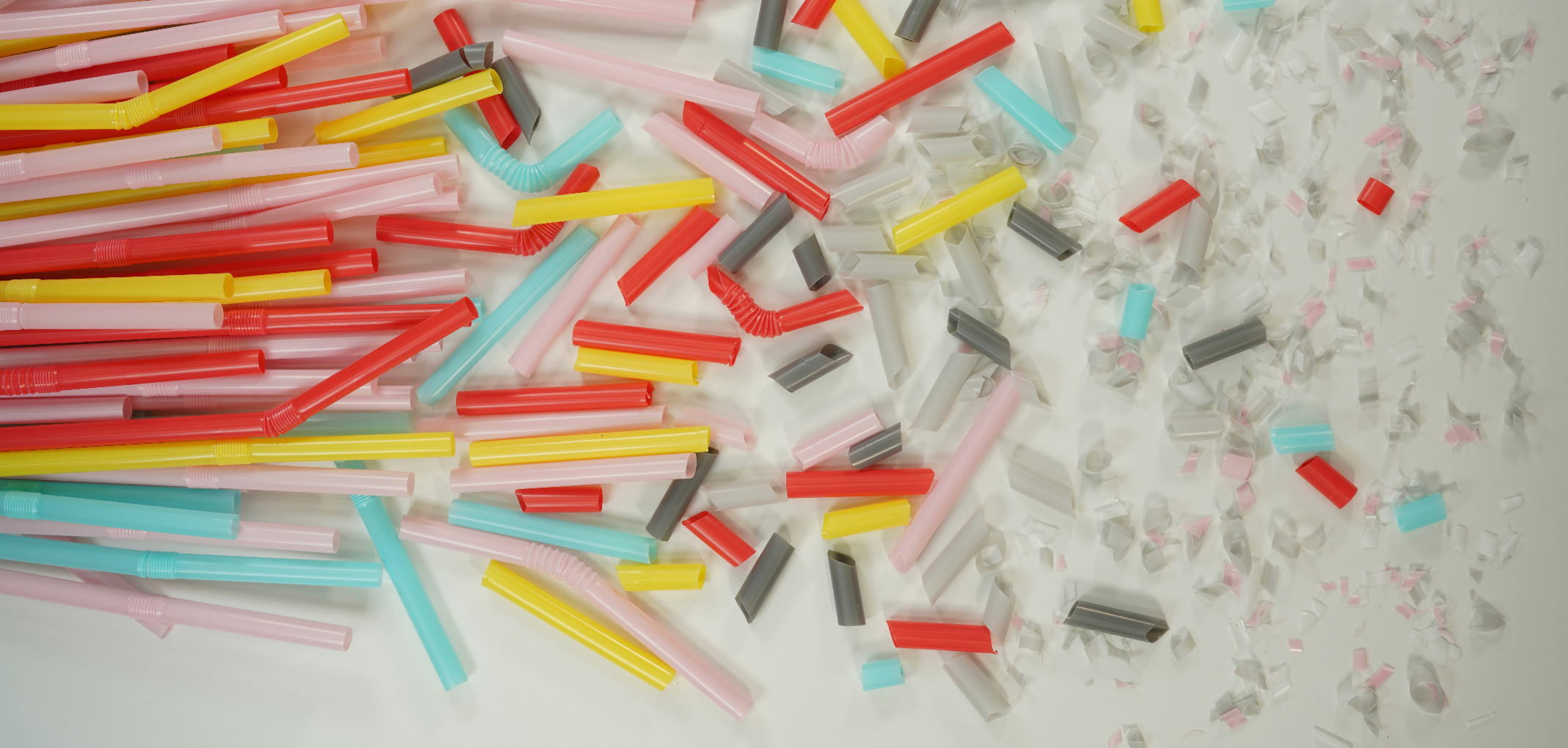By David Roberts with Jes Williams @feelmoregooder
The transition from sunny summers, to fall, to cold winters can bring on some unwanted symptoms for many. Runny noses, headaches, sneezing, etc. can manifest themselves for some, as their body’s histamine levels increase.
Although this blog contains tips that are beneficial for all humans, it will be especially helpful for those that suffer from allergies or are generally in subpar health. Too, hopefully you’ll take with you the understanding that the plant compound quercetin can be your ally during these times where managing histamine-related body responses are coming up for you.
The more we dig into the world of plant compounds, the more we can understand how to harness the potency of nature to serve our vitality & wellness. Seeking a better understanding of quercetin is a great entry point.
What in the World is Quercetin?
Quercetin, found in significant concentrations in onion skins, capers, garlic, dill, cilantro/coriander (both of these come from the coriandrum sativum plant), fennel, elderberries, bee pollen, and okra - is a naturally occurring plant compound that's touted for its science-backed ability to support the body’s immune response. Additionally, quercetin is found commonly in flowers, stems, roots, bark, wine, tea, berries, and other fruits such as apples. (1)
Under the immune umbrella, quercetin is known mostly for its ability to combat symptoms related to histamine and seasonal issues/discomfort. Quercetin also offers myriad of other attributes such as being anti-inflammatory, antithrombotic (reduces blood clots), and being antitumor. (2,3) This unique plant compound offers some remarkable benefits to the human physiology.
“Quercetin is known for its antioxidant activity in radical scavenging and anti-allergic properties characterized by stimulation of immune system, antiviral activity, inhibition of histamine release, decrease in pro-inflammatory cytokines, etc.” (5)
You can find quercetin in bioavailable form in our product, QuercElite® . Since quercetin is normally only 5% bioavailable, we have mindfully formulated QuercElite® with broccoli seed complex to increase its bioavailability. The choice to include broccoli seed complex allows quercetin to cross the cell membrane. This ultimately makes it more effective.
What’s the Role of Histamine?
Histamine is a molecule that the body releases often related to seasonal issues/discomfort. It’s a part of your physiology's integral, innate immune response. However, it's vital to understand that the role of histamine in the body far surpasses seasonal disturbances. Histamine is also produced by mast cells (a type of white blood cell), which plays the role of a detector to protect the body from foreign/unwanted substances, foods, contaminants, etc.
Some of the symptoms you may experience that are related to histamine include digestive issues like bloating, runny nose, shortness of breath, skin rashes, brain fog, joint pain/inflammation, increased heart rate, dizziness, acid reflux, significant fatigue, and low blood pressure.
There are many things that can cause your mast cells to release histamine; here are a few of them:
Things that Trigger Histamine Responses
- Poor air quality
- Exposure to high pollen, dander, or mold/mycotoxins
- Gut dysbiosis and having your microbiome compromised
- Heavy metal toxicity
- Stress (emotional and physical)
- Emotional and/or physical trauma
- Infections (bacterial and/or viral)
- Sudden/drastic temperature changes
- Medications that block DAO (an enzyme your body makes to break down histamine in the gut)
- Insect bites
- Chemicals, toxins, contaminants
- Certain foods/supplements
High Histamine Foods That Can Trigger a Response
There are also foods (like fermented foods, yeast, citrus, shellfish, etc.) that are high in histamine and can cause similar reactions. Keep in mind, it's not always necessary to stop eating these foods. Everyone is different and the severity of bodily reactions will vary. Thus, so will each personalized protocol. Let this list simply serve as a tool to help you understand potential sources of histamine that could exacerbate symptoms.
Quercetin's Impact on Histamine
Amongst the exhaustive list of benefits that the plant molecule quercetin offers the body is the ability to stop histamine release. (2) When you face any of the above histamine triggers, quercetin can be a fast-acting and indispensable tool for you. Though you can get quercetin through some of the food sources listed above, know that the dosage and bioavailability won't likely be enough to diminish symptoms if you're in the middle of a histamine-related reaction or currently experiencing symptoms.
Not sold on quercetin, yet? A 2012 study demonstrates something very impressive: quercetin is more effective than a drug called cromolyn in inhibiting the release of pro-inflammatory cytokines from mast cells. (4) Additionally, studies show that quercetin alleviates symptoms of allergies like eye itching, sneezing, nasal discharge, and disordered sleep. (6)
Quercetin is more effective than cromolyn in inhibiting IL-8 and TNF release from LAD2 mast cells. Interestingly, quercetin is effective prophylactically, while cromolyn must be added together with the trigger or it rapidly loses its effect. In two pilot, open-label, clinical trials, quercetin significantly decreased contact dermatitis and photosensitivity, skin conditions that do not respond to conventional treatment. (10)
Sunlight and Allergic Disorders/Histamine
A 2021 study shows us that getting adequate time in unfiltered sunlight reduces the incidence of allergic disorders; this study highlights a few specifically and goes into detail. (11).
As the colder temps roll in, many of us make a habit of being indoors more which means less exposure to sunlight. However, it’s crucial (especailly through the lens of minimizing symptoms) to get outside as much as possible during the colder months so that you don’t become sunlight deficient and experience more unpleasant symptoms as a result.
Cold Exposure and Histamine/Immune Response
So, maybe you’re on board now with more winter time outside. But, you may wonder, how do I do that when it’s cold? Well, if you’re up for the challenge - try exposing more skin to the cold winter air and/or water (think local lakes). This will allow you to absorb more ultraviolet light and also get the mitochondrial and systemic benefits of cold thermogenesis.
Studies show us that cold exposure (you could even do cold showers, though you wouldn’t get the sunlight perk in that instance) can be a sustainable approach to boosting your immune system. Moreover, cold exposure upregulate immunoglobulins IgG, IgA, and IgM. Findings in the literature suggest therapeutic potential for immune-related disorders. (12)
Additionally, science shows that cold thermal therapy alleviates allergic skin inflammation, recreational winter exercise at moderately cold temperatures reduces allergic airway inflammation (and induces sustainable improvements in allergic symptoms) and readies the immune system to deal with injury or infection. (13, 14, 15, 16)
Circadian Rhythm and Allergic Responses
It turns out that having a robust circadian rhythm is as far reaching as equipping your immune defenses more aptly. A 2018 study reveals to us that the circadian clock drives mast cell functions in allergic reactions. (17)
Histamine release connects mast cells, the biological clock, and the hypothalamus. “Mast cells, which serve as key effector cells in allergic disease were shown to be under control of the SCN and to have a circadian expression and release of their mediators in response to activation.” (17)
There is growing evidence on the importance of the biological clock in allergic syndromes; and targeting mast cell clock can be considered a valuable target of chronotherapy (light-focused living). Likewise, new literature shows that mast cell activation is regulated by the circadian clock, a time-of-day-keeping system that consists of transcriptional-translational feedback loops of several clock genes. (17, 18, 19)
Additional Quercetin Benefits
In addition to the benefits we've already mentioned, quercetin offers many extra perks. Quercetin is shown in the literature to decrease bodily levels of oxidative stress (implied in cell motility) (7), helps you to reduce inflamed skin and improve acne (8), and plays an important role in aging.
References:
- https://www.ncbi.nlm.nih.gov/pmc/articles/PMC10384403
- https://www.ncbi.nlm.nih.gov/pmc/articles/PMC9300296/
- https://www.ncbi.nlm.nih.gov/pmc/articles/PMC8741364/
- https://journals.plos.org/plosone/article?id=10.1371/journal.pone.0033805
- https://pmc.ncbi.nlm.nih.gov/articles/PMC6273625/
- https://pubmed.ncbi.nlm.nih.gov/35776034/
- https://ift.onlinelibrary.wiley.com/doi/10.1111/1750-3841.12223
- https://pubmed.ncbi.nlm.nih.gov/33812252/
- https://pubmed.ncbi.nlm.nih.gov/35935939/
- https://pubmed.ncbi.nlm.nih.gov/22470478/
- https://pmc.ncbi.nlm.nih.gov/articles/PMC8161152/
- https://www.sciencedirect.com/science/article/abs/pii/S030645652400189X#:~:text=Cold%20showers%20upregulate%20immunoglobulins%20IgG,potential%20for%20immune%2Drelated%20disorders.
- https://onlinelibrary.wiley.com/doi/10.1155/2019/1936769
- https://pmc.ncbi.nlm.nih.gov/articles/PMC6369506/
- https://www.mdpi.com/1660-4601/16/11/2040
- https://www.tandfonline.com/doi/full/10.1080/02656736.2021.1915504#d1e597
- https://pmc.ncbi.nlm.nih.gov/articles/PMC6043637/
- https://www.sciencedirect.com/science/article/pii/S1323893022000776
- https://www.jacionline.org/article/S0091-6749(18)31195-3/fulltext







0 Comment